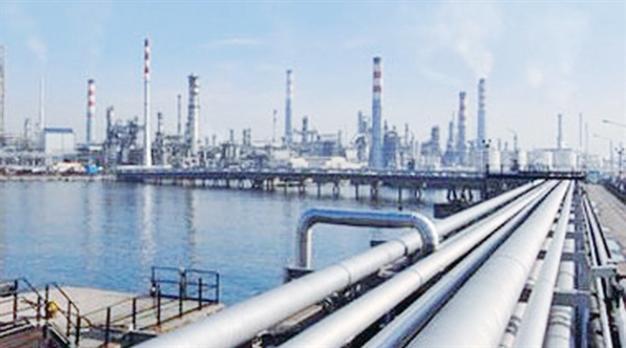KRG resumes oil exports
BAGHDAD/LONDON - Reuters

The Kurdistan Regional Government in Iraq restarted crude oil exports Aug 7 despite disputes with the central government.
Oil exports from Iraq’s northern region restarted on Tuesday at 100,000 barrels per day (bpd) in a bid to end a payment dispute with the central government, a senior Kurdistan Regional Government (KRG) official told Reuters.
Exports were halted in April due to a payment dispute between Iraq’s central government and the autonomous northern region.
“As we promised, today at around 12pm we restarted pumping oil at around 100,000 barrels per day as a goodwill gesture towards the central government in Baghdad,” the official said.
“We will keep pumping crude at 100,000 barrels per day for August, but if Baghdad will not settle payment, the pumping will be halted,” the official said.
Crude produced in the KRG territory is fed into Iraq’s Kirkuk export stream and sold onto world markets via the Turkish Mediterranean port of Ceyhan. The Kurdish stoppage had cut Kirkuk shipments by a quarter to below 300,000 bpd.
An official at Iraq’s state-run North Oil Company (NOC) confirmed the resumption.
“We started to receive crude produced from the Kurdish oilfields this afternoon and it was directed to our main storage depots to prepare it for export,” the official said.
Iraqi oil exports via Turkey halted completely on Aug. 7 after an attack on a pipeline over the weekend, a Turkish shipping source said.
“Vessels are now waiting because of a lack of crude oil in the shore tanks,” the source said.
The pipeline ships about a quarter of Iraqi oil from fields near the Iraqi city of Kirkuk to the Mediterranean port of Ceyhan and it has long been subject of attacks by the outlawed Kurdistan Workers Party (PKK).
Oil flows would begin as of yesterday on a second line unaffected by an explosion at the weekend, Turkish energy ministry officials said.
The attacks have become less regular in recent months, giving the market hope that Iraqi exports would rise to help compensate for a plunge in Iranian shipments because of Western sanctions.
